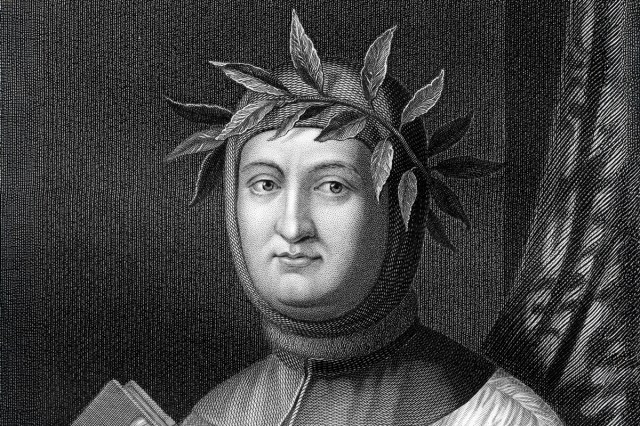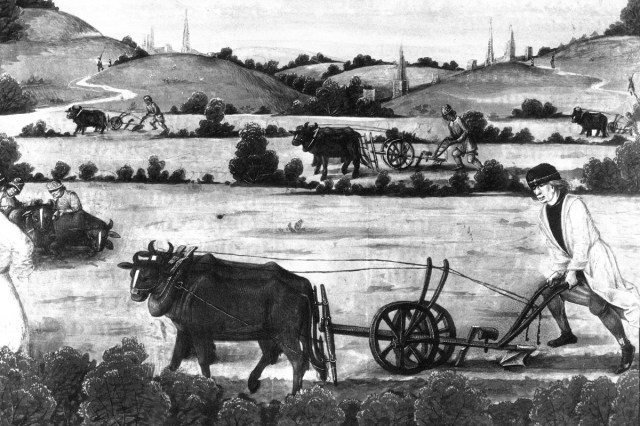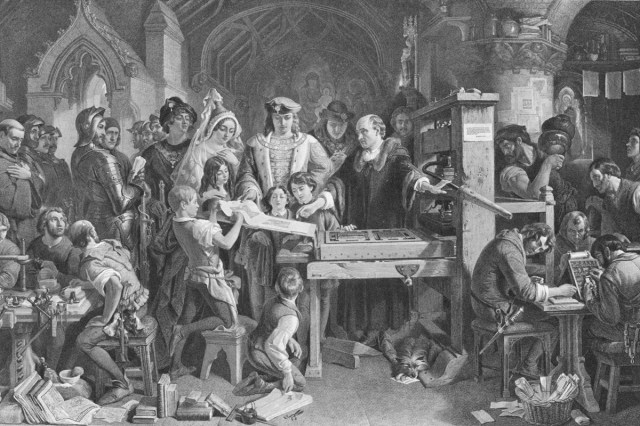Why Were They Called the ‘Dark Ages’?
The term “Dark Ages” conjures images of a bleak, backward world, a period of human history marked by ignorance, barbarity, and intellectual stagnation. The term is typically used to refer to the era spanning roughly from the fifth to 10th centuries, but at times has referred to the entire Middle Ages, from the fall of the Western Roman Empire in 476 CE all the way to the beginning of Europe’s Renaissance in the 15th century.
But were these centuries really so dark? Was the period — sandwiched between the advanced societies of classical antiquity and the cultural rebirth of the Renaissance — truly one of stark cultural regression? The reality of the “Dark Ages” is far more nuanced and complex than this pejorative label would suggest, and the term perhaps reveals more about the perspectives of later historians than the actual lived experiences of medieval people.

Who Called Them the “Dark Ages”?
The concept of the “Dark Ages,” if not the term itself, is associated with one name more than any other: Francis Petrarch, a 14th-century Italian scholar, poet, and humanist who was regarded as the greatest scholar of his time. He saw classical antiquity as an age of light due to its cultural achievements, while what followed — including the time in which he lived — was an age of darkness. “This sleep of forgetfulness will not last for ever,” he wrote. “When the darkness has been dispersed, our descendants can come again in the former pure radiance.”
Petrarch was so influential in his time that the humanist attitudes of 15th-century Italy — attitudes that led directly to the Renaissance — would not have been possible without him. It’s no surprise, then, that his concept of a long dark age took hold in both popular and academic circles, and remained a potent and widely accepted idea for centuries to come.
It’s worth noting that historians have also used the term “Dark Ages” to refer to something more specific and less pejorative. In his work Annales Ecclesiastici, the Italian cardinal Caesar Baronius (1538-1607) coined the term “Dark Ages,” albeit in its Latin form, saeculum obscurum. But Baronius was using the term to refer specifically to the scarcity of written documents around the 10th and 11th centuries relative to earlier periods.
This was not a moral judgment, but a statement of fact: There were indeed fewer written records from this period. The Romans were excellent record keepers, so when the empire fell there was a notable decline in historical texts and documents for several hundred years afterward. The Early Middle Ages have been seen by historians as “dark” simply because it’s difficult to know what happened.



















